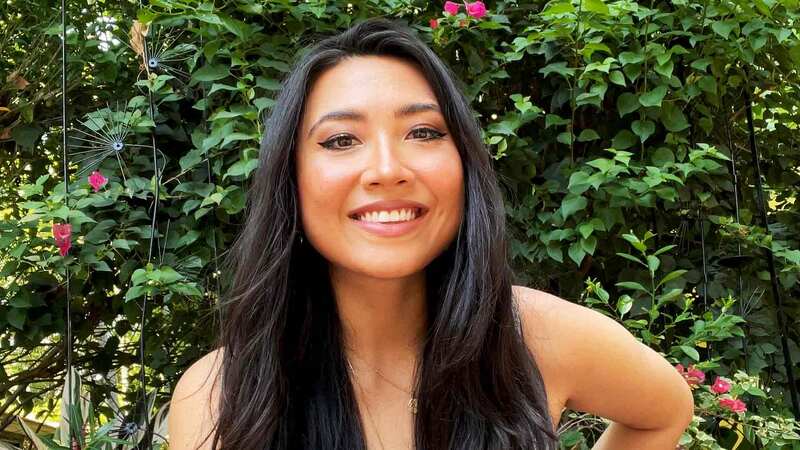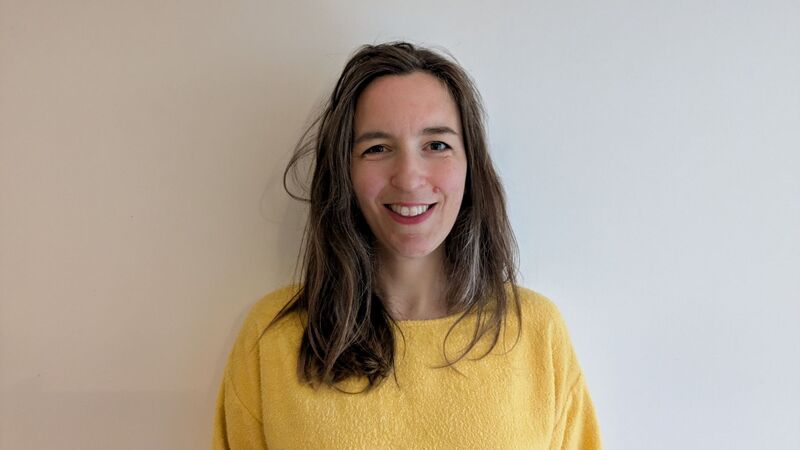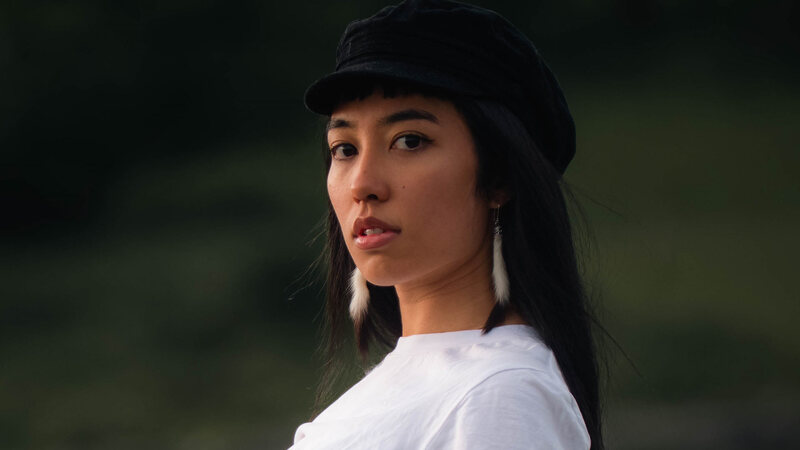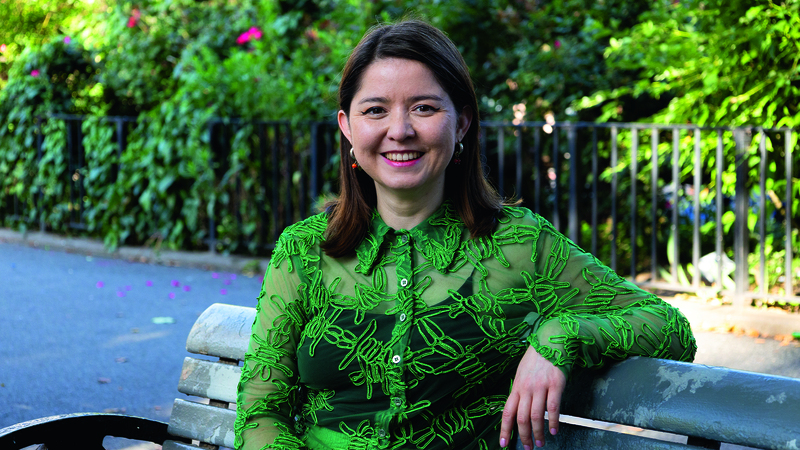You are viewing your 1 free article this month. Login to read more articles.
The Bookseller Rising Stars: Introducing the Class of 2021
This is the 11th edition of The Bookseller Rising Stars—the annual list of the book trade’s up-and-comers and leaders of the future—and the second list unveiled in the shadow of the pandemic.
Commonalities come out in each iteration and a clear trend for this year’s group is that they have been tested by the coronavirus, but emerged all the stronger for it. From the literary festival director who arguably set the industry standard for running a virtual event (C√∫irt’s Sasha de Buyl) to canny booksellers pivoting online (Storysmith’s Emily Ross) to academic publishers switching roles to respond to the scholarly community’s changing needs (Emerald Publishing’s Sabby Kaur Jivanji), the Rising Stars Class of 2021 has met the challenges of the pandemic head-on.
Another thread is that in the interviews with the Rising Stars, so many told stories of difficulties in cracking into the trade. After being knocked back time and again, Little, Brown’s Amy Baxter was literally hours away from chucking her publishing dream and would have gone in for a career in accountancy if she hadn’t happened to go to a talk with Ali Smith and Hamish Hamilton boss Simon Prosser, who mentioned in passing the Penguin graduate scheme. (No shade meant to the noble profession of bean-counting.)
HQ’s Belinda Toor, too, could not get a foot in the door and worked on the production line at Cadbury before being hired by HarperCollins (she still professes to love Creme Eggs, by the way). Canongate’s Cumbrian native Jo Dingley had to turn down a few London unpaid internships before taking a temp job from DK, which paid £50 per day. She made it work by staying during the week in a hostel, for £48 a night.
These stories, particularly from the Stars who are from working-class, Black, Asian or minority ethnic backgrounds, are not rare. Almost every one of them related a similar tale. Now, of course, getting into the business should be rigorous. But at a time when the industry is meant to be reaching out wider in its recruitment, it seems some systemic roadblocks are still in place, even for some of the most talented people. For the trade as a whole (and we don’t exclude this august organ from its responsibilities on that measure) there is still so much work to do.
Most of the list have been in the trade for less than a decade and have been trying to break into books in an era when these new systems have been put in place. As we've mentioned before, the list is not age-based. Yes, it tends to largely encompass earlier-career folk, but there is also scope for trade professionals who have changed tack later on their path. An example this year is Suzy Medeiros, who has had a distinguished career in production but three years ago shifted to editorial as publishing director at Jolly Learning, and is doing much to revitalise the well-respected education indie.
Still, maybe that is why this list has a particularly DIY feel to it, with many entrants seeing something that doesn’t exist, or needs changing, and going on to create it themselves. Without trying to canonise these Rising Stars, many of these projects are spare-time work that seem less about their own career advancement, and more about boosting the wider books world. See Marianne Tatepo founding the Black Agents and Editors group, Leodora Darlington starting her BAME mentorship programme Owned Voices, or children’s author Stuart White’s WriteNow, a community to support new writers. Another example is our Shooting Star—the one person on the list we give a little bit more recognition to—HarperFiction’s Phoebe Morgan, who drove the recent Books for Vaccines online auction, which raised £60,000 for Covid relief in poorer countries.
This is precisely why The Bookseller started the list 11 years ago: the trade needs to recognise the energy, the commitment and the innovation of young (or not so young) professionals who are changing the industry for the better. Let’s raise a glass to the Rising Stars Class of 2021.


















